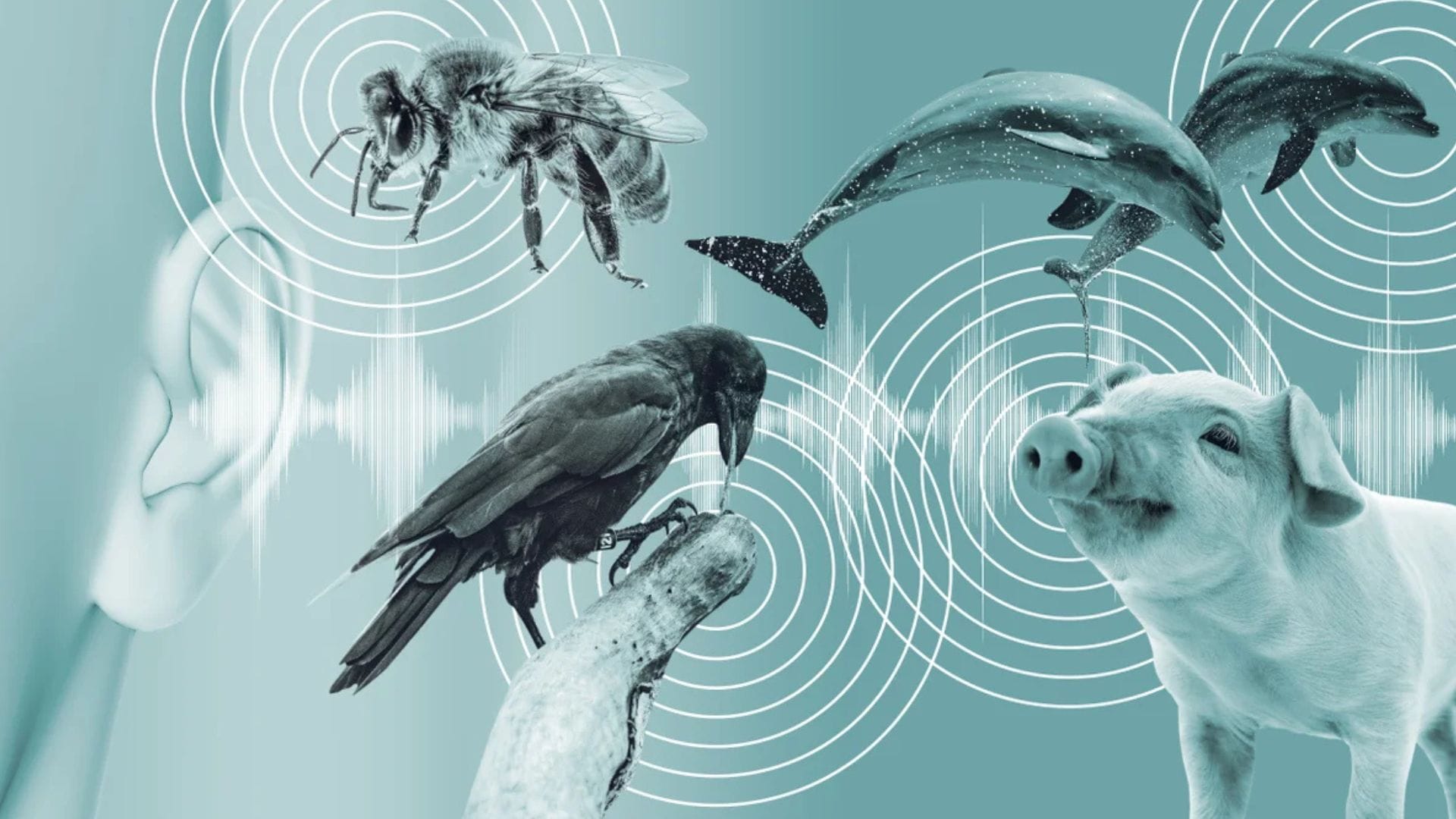Researchers train AI to understand animal emotions
Researchers are training AI to recognise animal emotions, helping farmers, vets, and pet owners detect pain and distress in animals more accurately.

Artificial intelligence could soon help us interpret animal emotions, making recognising when animals are in pain or distress easier. Scientists from various universities are developing AI systems that analyse animal facial expressions, providing insights into their emotions. This could significantly impact farming, veterinary care, and pet welfare.
AI helping farmers detect animal distress
One such system is Intellipig, created by researchers at the University of the West of England Bristol and Scotland’s Rural College. This AI programme analyses photos of pigs’ faces, identifying signs of pain, illness, or emotional distress. Farmers receive notifications when the system detects abnormalities, allowing them to respond quickly and improve the well-being of their livestock.
Similarly, a research team at the University of Haifa works on AI-powered facial recognition for dogs. This technology, which has helped locate lost pets, is now being trained to identify signs of discomfort in dogs’ faces. Scientists have found that dogs share 38% of their facial movements with humans, making it possible to detect pain or distress based on subtle changes in their expressions.
AI learns to detect pain in horses
While most AI systems rely on human observation to label different animal behaviours, some researchers push boundaries by allowing AI to learn patterns independently. At the University of São Paulo, a study used photos of horses’ faces taken before and after surgery and before and after receiving painkillers. The AI was trained to analyse their eyes, ears, and mouths, and it successfully identified signs of pain with an impressive 88% accuracy rate.
This breakthrough suggests that AI could someday improve animal welfare across different species. Farmers, veterinarians, and pet owners could soon benefit from technology that detects animal discomfort before it becomes severe, leading to better care and faster treatment.
With continued research, AI could revolutionise how humans understand and respond to animal emotions, creating a future where technology bridges the communication gap between species.
















